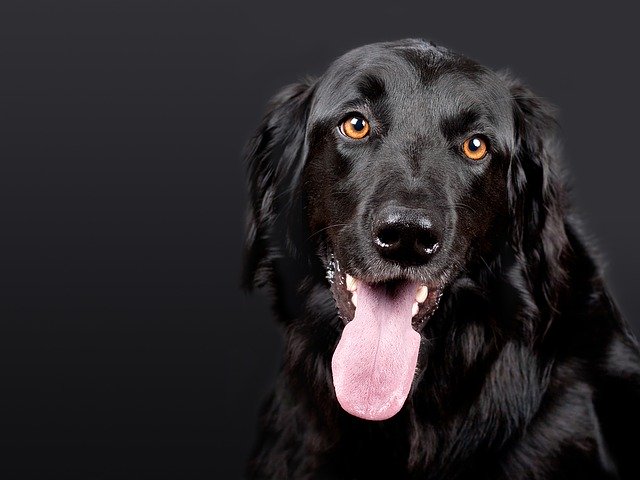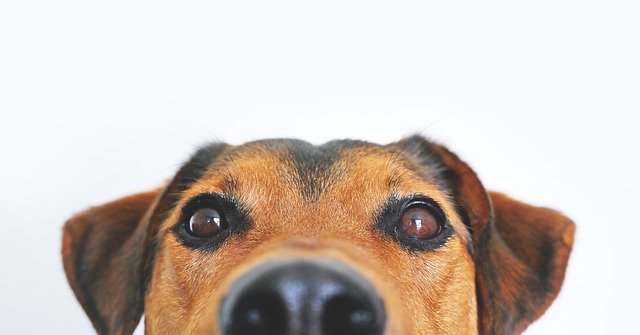What Is a Veterinary Ophthalmologist?
A veterinarian is a formally educated and licensed physician who provides medical services to animals. They seek to diagnose, treat and prevent illnesses and injuries in all types of animals. There are many different specialized veterinary professions, however, one of which is ophthalmology. Veterinary ophthalmologists provide medical services to animals — like all veterinarians — but they focus on a specific field of veterinary medicine. What is a veterinary ophthalmologist exactly, and is it a career worth pursuing?
Overview of Veterinary Ophthalmologist
A veterinary ophthalmologist is a veterinarian who specializes in animal eye disorders. The American Veterinary Medical Association (AVMA) defines veterinary ophthalmologists as being specialists who study eye diseases and conditions in animals.
Vision, of course, allows animals to see. Whether it’s a dog, cat, horse or hamster, many common household pets use their sense of vision to navigate the world around them. Like us humans, though, many of them suffer from eye disorders. Veterinary ophthalmologists are physicians who specialize in helping animals overcome eye disorders. If a pet owner believes his or her pet is suffering from an eye disorder, the owner may seek the services of a veterinary ophthalmologist.
Some of the most common types of eye disorders in dogs and cats include the following:
- Conjunctivitis (pink eye)
- Glaucoma
- Cataracts
- Corneal injury
- Dry eye
- Entropion
- Cherry eye
Veterinary Ophthalmologist Duties and Responsibilities
Veterinary ophthalmologists are primarily responsible for diagnosing, treating and preventing eye disorders in animals. This often begins with an inquiry of the animal’s history. The veterinary ophthalmologist will ask the owner about his or her pet to gain a better understanding of the pet’s overall health. The veterinary ophthalmologist may also look into the pet’s family history to determine the likelihood of an inherited eye disorder.
Following a consultation with the owner, the veterinary ophthalmologist may conduct a series of tests on the animal. A “tear test” is a common type of test performed by veterinary ophthalmologists. It involves collecting a sample of the animal’s tears onto a paper strip. The “tear test” shows whether an animal is producing a sufficient amount of tears. Insufficient tear production can lead to dry eyes as well as other eye disorders.
The “tonometry test” is another common type of test performed by veterinary ophthalmologists. During this test, the veterinary ophthalmologist will apply numbing eye drops into the animal’s eyes, after which he or she will use a handheld testing tool to measure the animal’s intraocular eye pressure. The purpose of the “tonometry test” is to determine the likelihood of glaucoma.

Veterinary Ophthalmologist Education Requirements
Because it’s a specialized field of veterinary medicine, veterinary ophthalmologists spend more time in school than conventional veterinarians. To become a veterinarian ophthalmologist, you must first earn a Doctorate of Veterinary Medicine (DVM), which is a four-year college degree program. According to the AVMA, however, most veterinarians complete four-and-a-half years of undergraduate education before entering their respective DVM program. Therefore, it can take over eight years to obtain your DVM after graduating from high school.
Even after obtaining your DVM, you must go through additional education and training to become a veterinary ophthalmologist. This typically involves an additional specialized course that allows for certification in veterinary ophthalmology, followed by the completion of a one-year internship and a two- or three-year residency. Only after completing these education requirements can you work as a veterinary ophthalmologist.
Benefits of Working as a Veterinary Ophthalmologist
Although it has stringent education requirements, working as a veterinary ophthalmologist offers many benefits. For starters, it’s a rewarding career that instills a sense of pride. As a veterinary ophthalmologist, you offer essential medical services that make a positive difference in the lives of countless animals and their respective owners.
Animals are dependent on humans. If an animal suffers from an eye disorder that restricts his vision, you can step in to offer treatment. In this regard, working as a veterinary ophthalmologist is fulfilling. You aren’t just selling a luxury product or service; you are providing essential medical services that help animals live longer, happier and healthier lives.
Veterinary ophthalmology is a lucrative career that generally pays more than most other veterinary professions. Statistics show that veterinary ophthalmologists in the United States earn an average salary of $100,000 to $200,000, with some of them earning even more.
You’ll also get paid when completing your residency program. Assuming you take a standard three-year residency program, you’ll make money as you progress your skills and knowledge of animal eye disorders during those three years, eventually working your way to becoming a veterinary ophthalmologist. Residency programs don’t pay as much as an actual salary, but it can still offer financial security during your path to becoming a veterinary ophthalmologist.
In Conclusion
Veterinary ophthalmologists are physicians who specialize in animal eye disorders. They still receive all the formal education as conventional veterinarians, but they spend additional time learning how to diagnose, treat and prevent eye disorders in animals.

